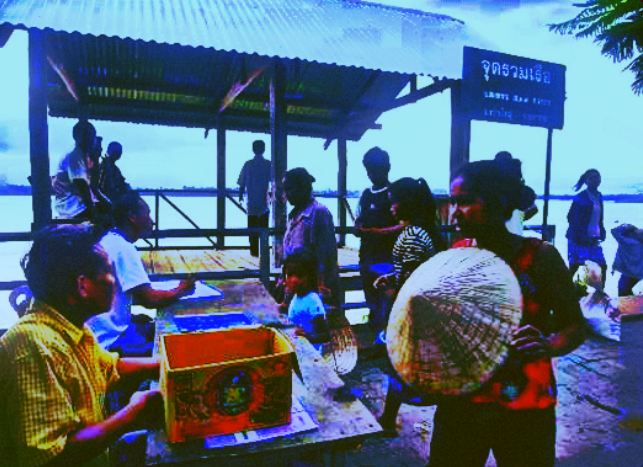The Everyday Politics of the Governed: Development and the Positive Facets of State-Society Relations in Contemporary Southeast Asia
The past two decades have seen governments in Asia improving the well-being of populations both directly and on behalf of international development agencies. Within this context, the political actions of ordinary people reflect positive facets of the state-society relation. Given the dominance of the ‘antagonistic’ framework of state-society relations in Asian studies, these positive facets of political action demand more scholarly investigations.
In undertaking this task, some scholars have developed explanations drawing on ideas of ‘synergy’ and ‘collaboration’, though these approaches have been criticised for their inherent assumption of a tension between state and society. Some recent studies draw particular attention to ‘accommodation’, ‘negotiation’ or ‘modification’. This work focuses on how the everyday actions of the poor and the marginalised seek to benefit from development opportunities. These strategic actions are associated with an increasing dependence of rural villagers on state services and, on the other hand, the state and public recognition of the villagers’ capabilities to manage local resources.
These issues will be examined in a panel at the Seventh EuroSEAS Conference to be held in Lisbon from 2-5 July 2013 being organised by Nattakant Akarapongpisak (Mahasarakham University) and Soimart Rungmanee (University of Sydney). They are inviting submissions that address recent cases of the everyday politics of ordinary people in Southeast Asia.
The panel will discuss two specific questions: (1) in what ways do alternatives to the notion of oppositional state-village relation enhances our understanding of agrarian politics in the region? and (2) how, through the implementation of state’s development programmes and regulations, do villagers pursue tactics of livelihood improvement within or beyond national boundaries. Submissions may be empirical, conceptual or comparative.
Possible topics may include, but are not limited to:
- Governmentality and rural development
- Rural transformation and changes in state-village relations
- Different trajectories of state-village relation in Southeast Asia
- Local and community governance and its engagement with the state
- Villagers’ livelihood tactics
If you are interested in participating send an abstract of no more than 300 words to [email protected] or [email protected] by 30 October 2012.
 Facebook
Facebook  Twitter
Twitter  Soundcloud
Soundcloud  Youtube
Youtube  Rss
Rss 
